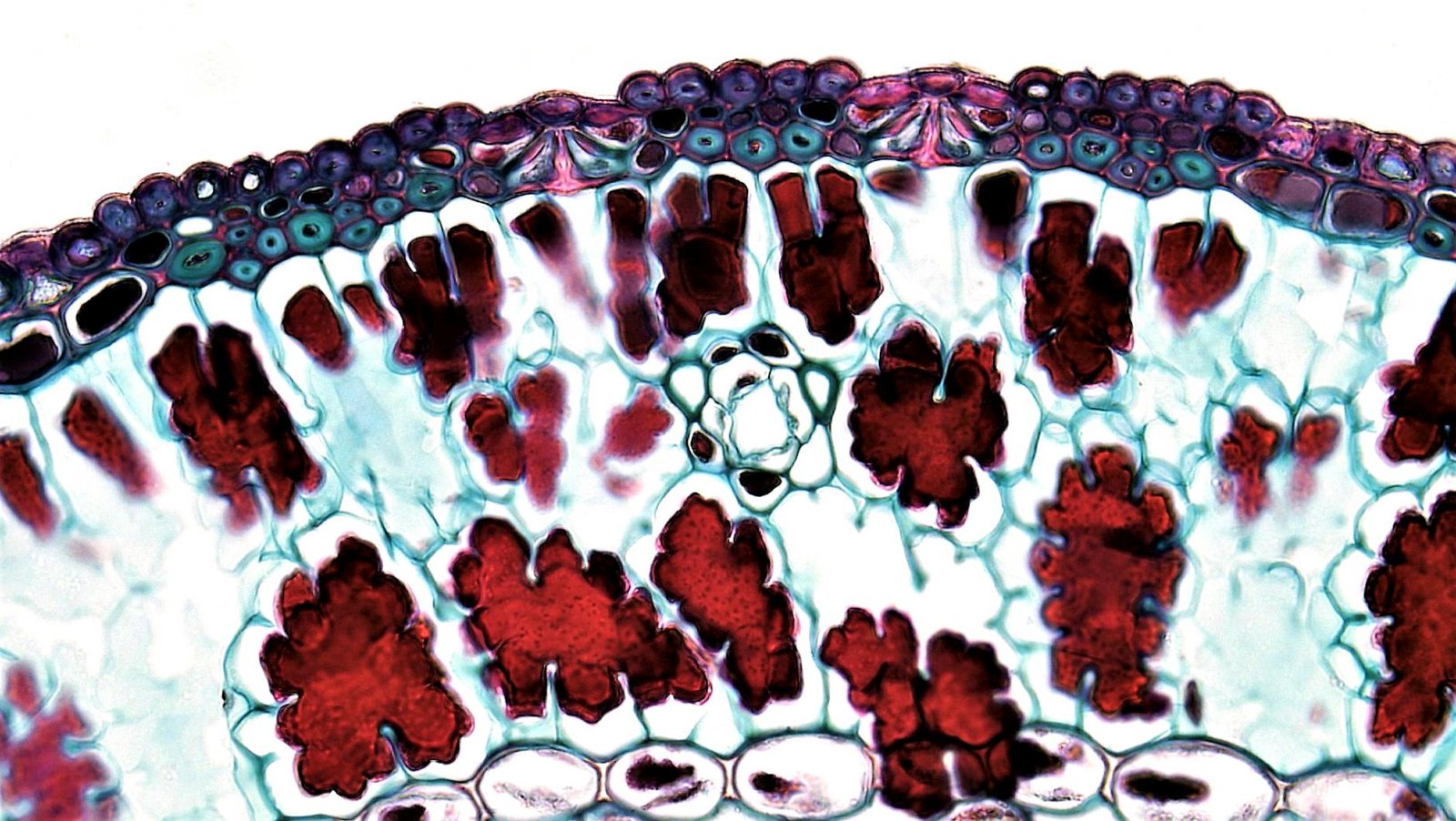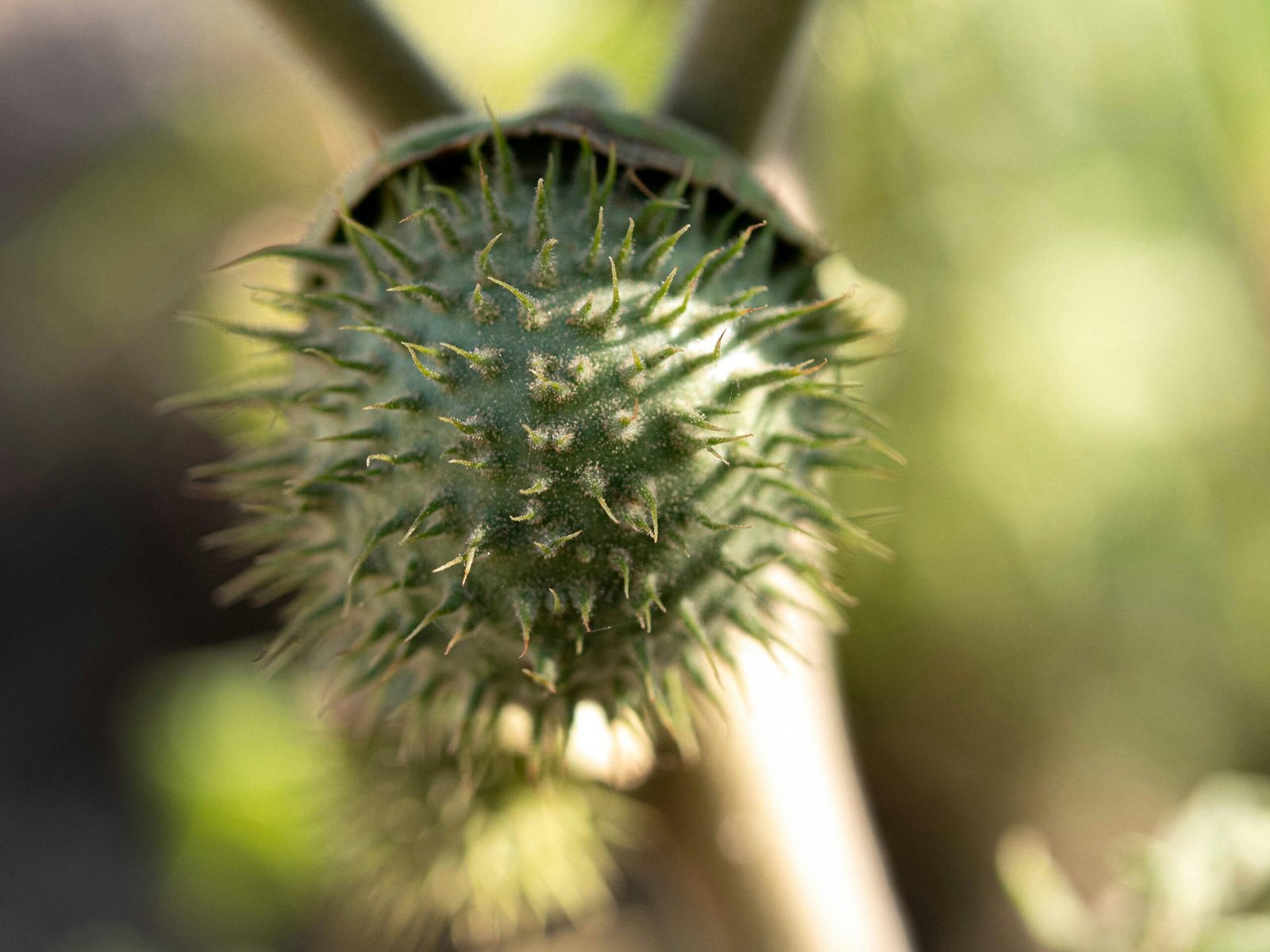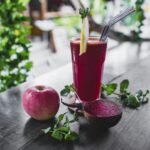Table of Contents
Introduction
Have you ever wondered, “What are free radicals?” You’ve landed on the right page if you want to know about these microscopic villains that could affect your well-being. Let’s dive into understanding free radicals, their repercussions on our bodies, and how to ward them off effectively.

What are Free Radicals?
Free radicals are unstable molecules that have unpaired electrons. They may sound like something out of a sci-fi movie, but rest assured, they are quite real and surprisingly influential in our bodies. They are generated in our system as a byproduct of our normal metabolic processes, or upon exposure to environmental elements such as radiation or pollution. But why should we be concerned about them? Good question.
The Impact of Free Radicals on the Body
Free radicals are like tiny grenades causing continual micro-damage inside our bodies. To achieve stability, these radicals scavenge surrounding cells to steal an electron, known as “oxidative stress”. This process damages our cells, which may lead to various age-related diseases and even cancer. Sounds worrisome, right? Fortunately, we have the power to mitigate this.
How to Counteract Free Radicals
Antioxidants are our bodies’ superheroes, find out more about antioxidants here, they generously donate an electron to free radicals without destabilising themselves. They, thus, neutralise the threat imposed by these radicals. But how do we ensure we have a sufficient antioxidant inventory? There’s a straightforward trick for this.
Herbal Remedies and Their Antioxidant Properties
Herbal remedies have long been celebrated for their potential health benefits, particularly their antioxidant properties that help neutralise free radicals. Free radicals are unstable molecules that can cause oxidative stress, leading to cellular damage and contributing to various chronic conditions. Fortunately, certain herbs are rich in antioxidants, which can mitigate these harmful effects. Among the most notable are turmeric, green tea, ginkgo biloba, and milk thistle.
Turmeric

Renowned for its vivid yellow colour, turmeric contains curcumin, a powerful antioxidant. Curcumin has been extensively studied for its ability to scavenge free radicals and bolster the body’s antioxidant defences. Numerous scientific studies underscore its efficacy; for instance, a study published in Oxidative Medicine and Cellular Longevity highlighted curcumin’s role in reducing oxidative stress markers.
Green tea
Another potent herbal remedy, green tea is rich in catechins such as epigallocatechin gallate (EGCG). These compounds are known to neutralise free radicals and support overall cellular health. Research published in the Journal of Nutritional Biochemistry has demonstrated green tea’s ability to lower oxidative stress and improve antioxidant status in the body.
Ginkgo biloba
Often used for its cognitive benefits, ginkgo also boasts significant antioxidant properties. The active components, flavonoids and terpenoids, contribute to its ability to combat oxidative stress. Evidence from a study in the Journal of the Science of Food and Agriculture reveals that ginkgo biloba extract can effectively reduce markers of oxidative damage.

Milk thistle
Milk thistle is another valuable herb, primarily due to its active compound, silymarin. Silymarin has been shown to protect liver cells from oxidative damage and support detoxification processes. A comprehensive review in Antioxidants Journal confirms milk thistle’s role in enhancing antioxidant defences and mitigating free radical harm. Milk thistle is used in our Afro-di-tea and Bree-Tox tea blends.
Ensuring Sufficient Antioxidant Intake
We can build our bodies’ antioxidant defence by incorporating antioxidant-rich foods and herbs into our nutritional intake. Fruits and vegetables, especially brightly coloured ones, berries, nuts, and dark chocolate, provide an impressive array of antioxidants. So, incorporating these into your diet can go a long way in equipping your body against free radicals. But is nutrition the only way? Not quite.
Additional Tips to Limit Free Radical Formation
Minimising exposure to environmental pollutants, moderating alcohol intake, quitting smoking, and practising regular exercise – all these measures can help limit free radical formation. Also, ensuring adequate sleep and managing stress can boost your body’s natural antioxidant defences.
The awareness of what free radicals are, their impact on your body, and the adequate measures to nullify their effects is an empowering knowledge that can boost your health and wellness quotient. So, would you wait for these invisible villains to wreak havoc in your body or proactively defend and maintain your health?
Remember, when it comes to free radicals, prevention is certainly better than cure!







Leave a Reply